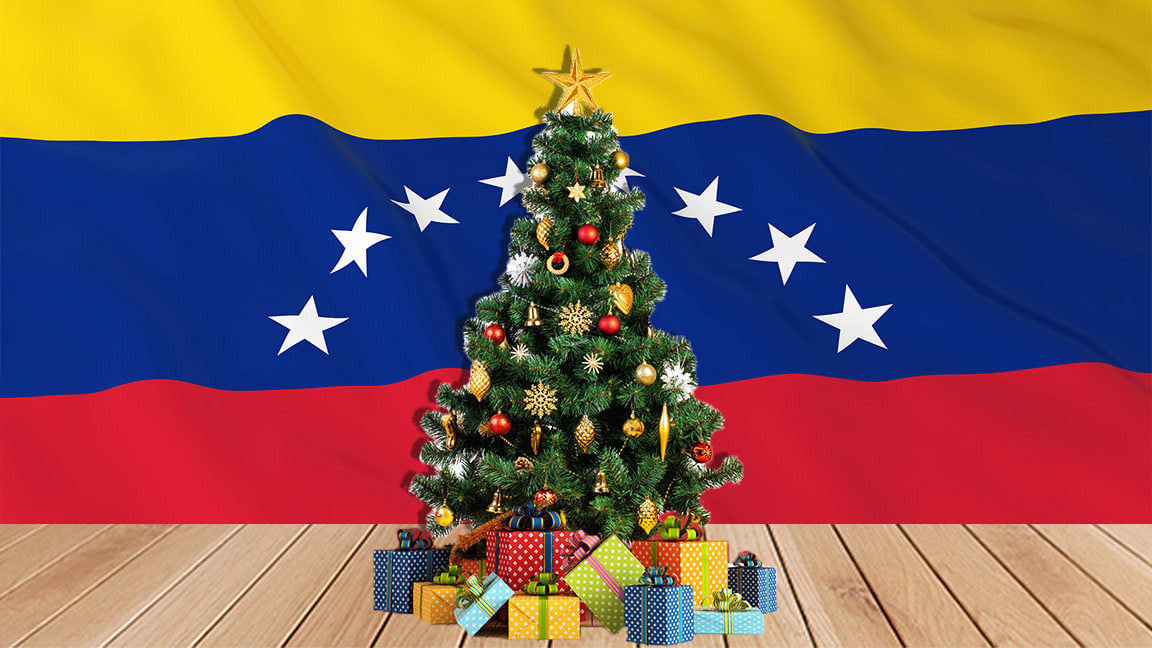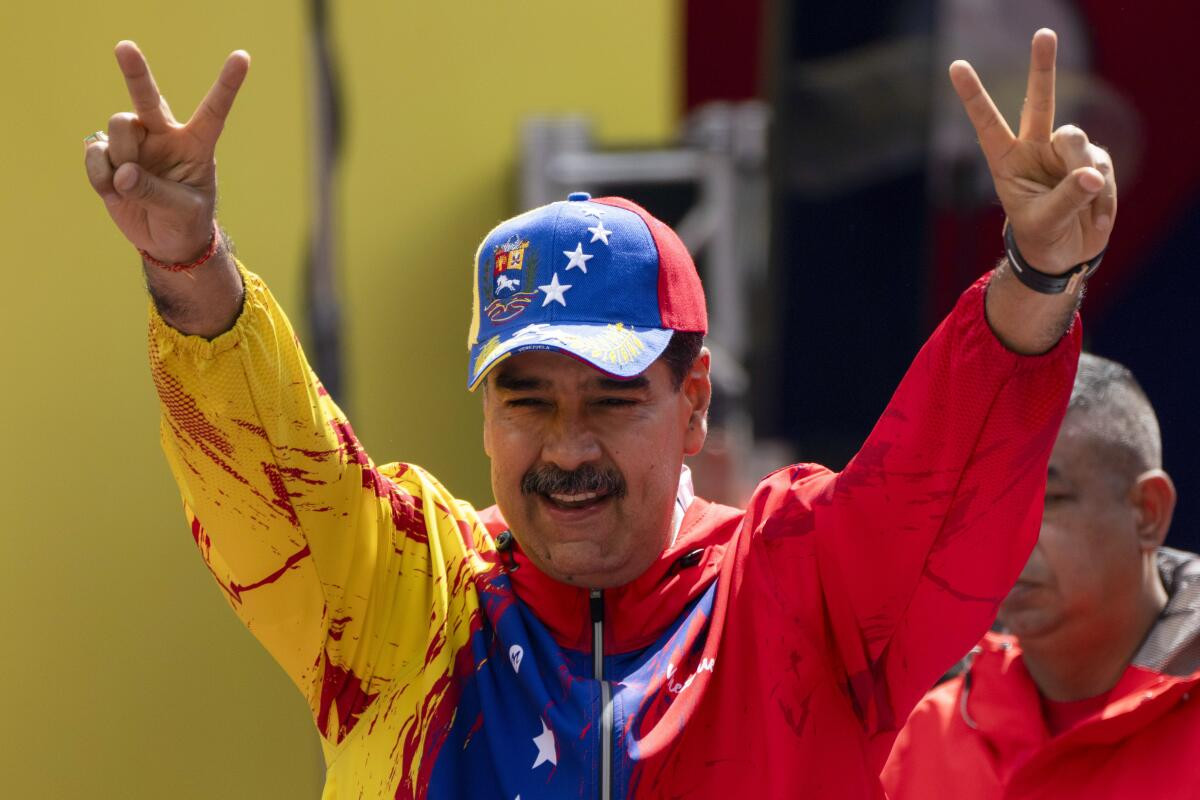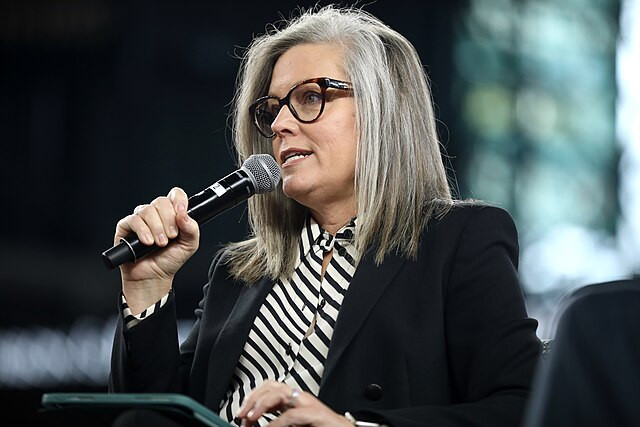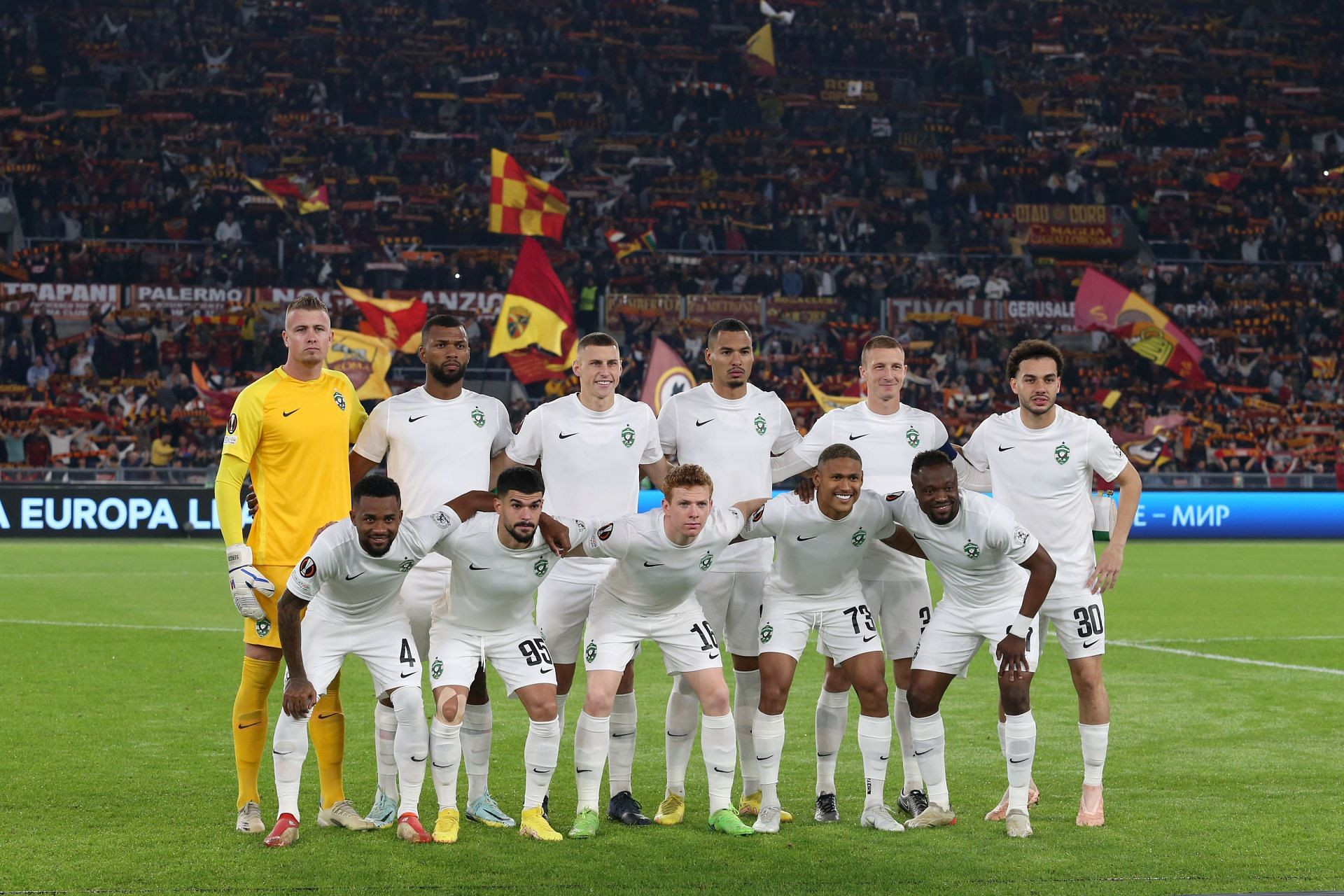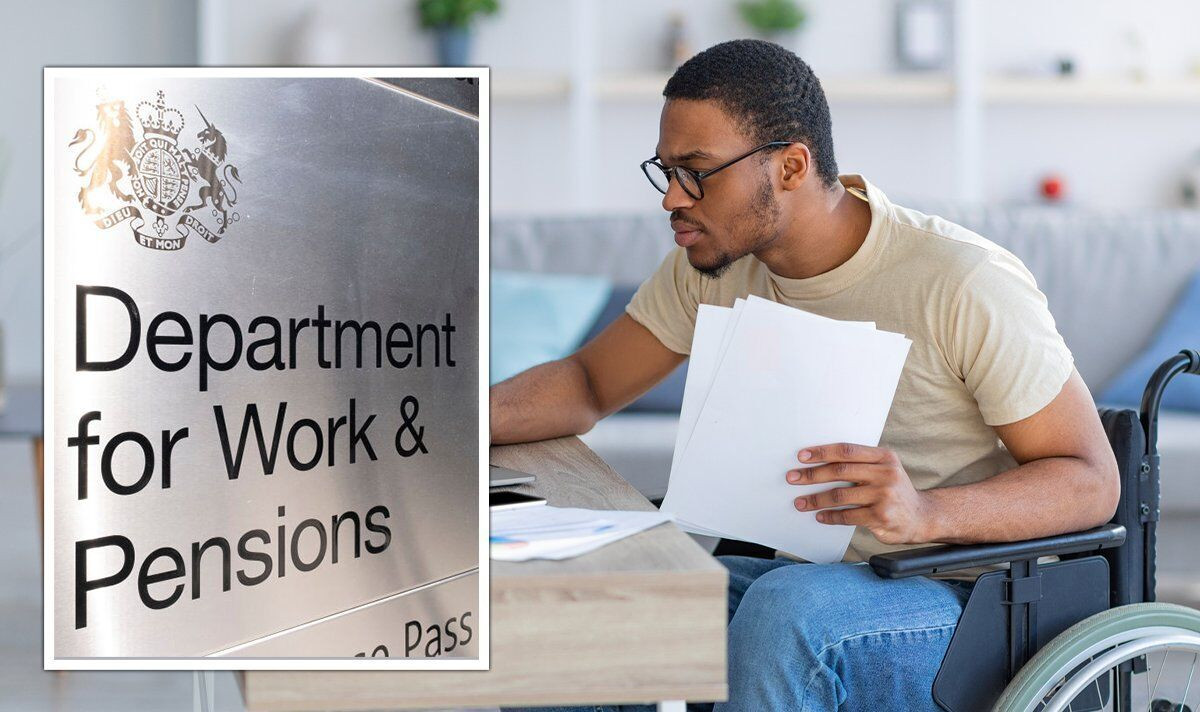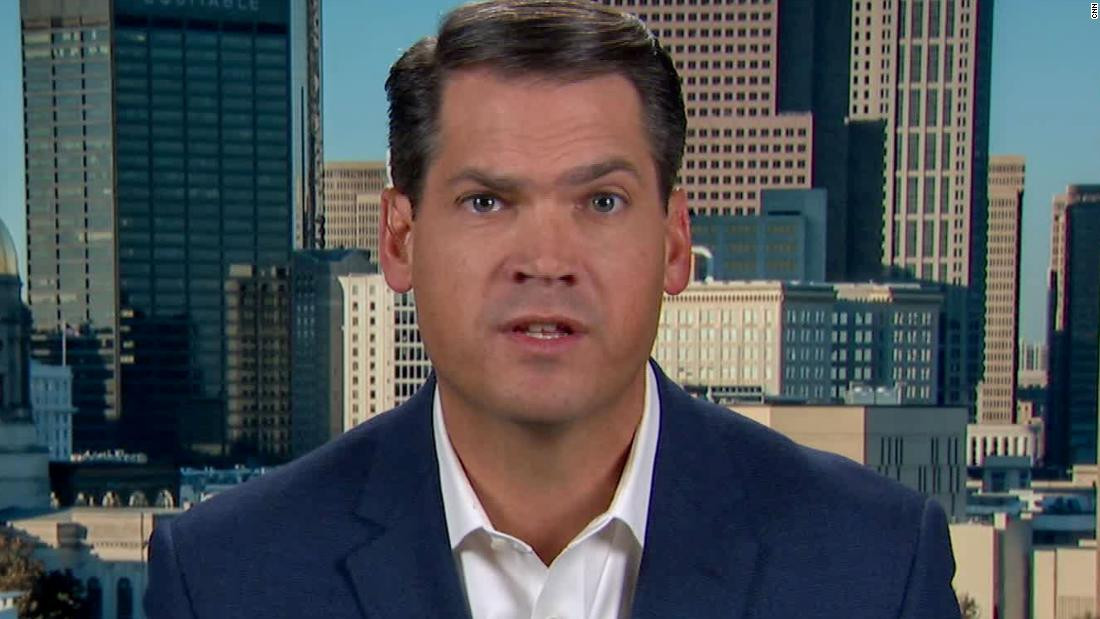Venezuelan President Nicolas Maduro has declared that Christmas will come early this year, on 1 October, as he seeks to impart some holiday cheer after a disputed presidential election the opposition claims he stole. The 61-year-old is set for a third six-year term despite an outcry from the opposition and international community over the results of a 28 July election.
“In homage to you, in gratitude to you, I am going to decree that Christmas be brought forward to 1 October,” Maduro said during a television appearance Monday.
The move comes as thousands of people have been arrested since protests erupted over the election in July, for which the authoritarian leader has failed to provide evidence of victory. It is not the first time that Maduro has changed the date of Christmas since taking the reins of the Catholic-majority country from Hugo Chavez in 2013. This time, the move appears to be a move to distract the populace from anger over the election the opposition claims it rightfully won.
Maduro's actions since the election have been less than festive, with critics accusing him of brutal repression against his political opponents. Hours before the Christmas announcement, an arrest warrant was issued for opposition presidential candidate Edmundo González, a former diplomat. More than 2,000 people — including journalists, politicians and aid workers — have been arrested since the election, which sparked widespread protests and international condemnation. It is not the first time Maduro has moved Christmas for political purposes — he did it during the Covid-19 pandemic — but this is the earliest alternate date for Venezuela's festive period.
The United States and several Latin American countries support the Venezuelan opposition’s claim to victory, while even Maduro-friendly Mexico, Colombia and Brazil have refused to recognize the official result without seeing detailed vote tallies. The elections agency has said it cannot publish the records as hackers had corrupted the data, though observers have said there was no evidence of that.
Prosecutors have issued an arrest warrant for opposition candidate Edmundo Gonzalez Urrutia — who is in hiding — over his insistence that he won the polls. “Nobody in this country is above the laws, the institutions, as this … coward Edmundo Gonzalez Urrutia, has tried to be,” said Maduro. Protests after Maduro’s alleged victory was announced left 25 civilians and two soldiers dead, nearly 200 people and more than 2,400 jailed.
The Venezuelan Episcopal Conference on Tuesday criticised the announcement as they warned the holiday “is not to be used for political or propaganda goals”. They added in a statement that Christmas starts on 25 December, CNN reported.
Not everyone in the country is convinced that the move will lead to an increase in good cheer. “Christmas is supposed to be a time of joy, family reunions, parties, presents,” José Ernesto Ruiz, a 57-year-old office worker in the capital, Caracas, told The Associated Press news agency. “Without money and with this political crisis, who can believe that there will be an early Christmas?”
The Election and its Aftermath
The contested election has plunged Venezuela into deeper political turmoil. The opposition, who say they won the election, have been met with a violent crackdown on protests and the arrests of thousands of people. The Maduro government has justified the arrests as necessary to maintain order, but critics have accused the government of using the election as an opportunity to consolidate its power and silence dissent.
The situation has drawn international condemnation. The United States and several Latin American countries have refused to recognize the election results, citing concerns about fraud and human rights abuses. The European Union has also expressed its concern, calling for a “credible and transparent” election process.
Christmas in October: A Symbol of Hope or Desperation?
Maduro's decision to move Christmas to October has been met with skepticism and criticism. Some see it as a cynical attempt to distract the population from the country's deepening economic and political crisis. Others view it as a desperate attempt to maintain a semblance of normality in a country that is increasingly divided and isolated from the world.
The move has also been criticized by religious leaders, who have said that Christmas should not be used for political purposes. The Venezuelan Episcopal Conference, the highest authority of the Catholic Church in Venezuela, issued a statement saying that Christmas is a religious holiday that should not be manipulated for political gain.
Looking Ahead
The political crisis in Venezuela shows no signs of abating. Maduro's decision to move Christmas to October is likely to further inflame tensions between the government and the opposition. It remains to be seen whether the move will have any impact on the public's perception of the government, but it is clear that the country is facing a long and difficult road ahead.
A Time for Unity, Not Division
The people of Venezuela deserve a peaceful and prosperous future. The current political climate is not conducive to achieving this goal. The government and the opposition need to find a way to work together to address the country's pressing problems, such as the economic crisis, the humanitarian crisis and the lack of democratic institutions. The focus should be on finding common ground and working together for the betterment of the country, not on perpetuating division and conflict.




